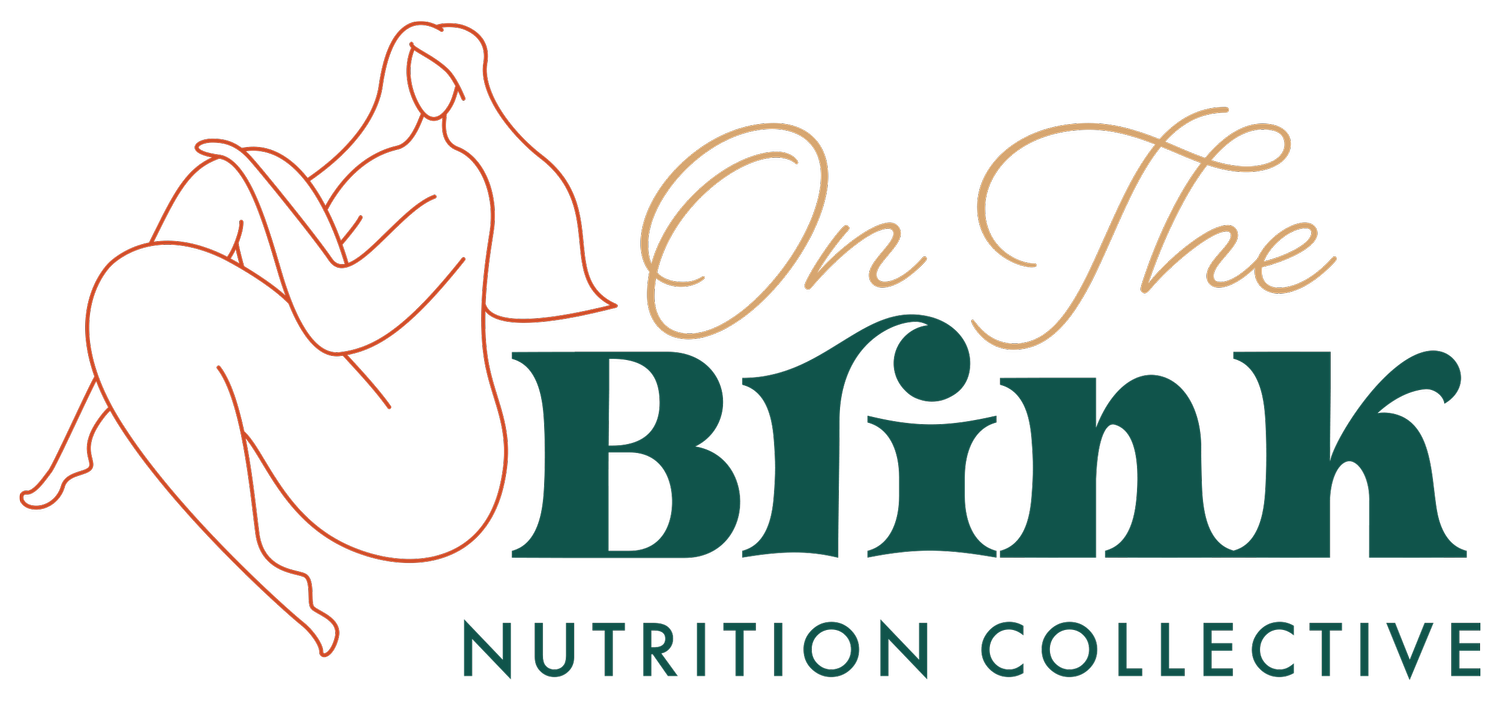How the Human Body Uses Sugar: Understanding Normal Function vs. the Impact of Diabetes
In this post, we’re breaking down how the body processes sugar under normal conditions and how that changes for those with Type 2 Diabetes. Whether you're looking to understand carbohydrate metabolism or the role of insulin, we've got the answers here, free from weight bias and stigma.
The Digestive Process: An Overview
The human body relies on three macronutrients for energy: carbohydrates, protein, and fat. These are the essential building blocks of nutrition, commonly referred to as "macros."
Ingestion: The process begins when food enters the mouth. It is broken down by chewing and digestive enzymes in saliva.
Digestion and Absorption: As food moves through the gastrointestinal tract, it is further broken down into smaller molecules like glucose (from carbohydrates), amino acids (from proteins), and fatty acids (from fats). These smaller molecules are then absorbed into the bloodstream and used by the body for energy.
Digestion is the process of breaking down food in the gastrointestinal tract into substances for absorption into the bloodstream. Food contains 3 macronutrients that require digestion before they can be absorbed: fats, carbohydrates, and proteins.
Learn more about the digestive process here.
Spotlight: Carbohydrate Metabolism
Normal Function
Carbohydrates are the primary energy source for the body. After eating, carbohydrates are broken down into glucose, a simple sugar, in the intestines. This glucose is then absorbed into the bloodstream, where the pancreas secretes the hormone insulin.
Insulin allows glucose to enter cells, where it is used for energy. This process is seamless in bodies without diabetes, ensuring blood sugar levels remain balanced.
Insulin is like the key that unlocks the cell, letting glucose in to be used as energy.
Type 2 Diabetes: Changes in Carbohydrate Metabolism
With Type 2 Diabetes, the body’s ability to process carbohydrates is impaired. There are several changes that occur:
Beta Cell Exhaustion: The pancreas doesn't produce enough insulin (too few “keys”).
Insulin Resistance: The insulin produced doesn't function efficiently to move glucose into cells (some keys don’t fit the lock).
Excess Glucose Production: The liver produces and releases too much glucose into the bloodstream due to elevated levels of glucagon, a hormone made in the pancreas, that triggers glucose release from stored glycogen.
As a result, blood glucose levels remain elevated after meals. This prolonged high blood sugar can lead to complications over time, making blood sugar management crucial.
Incretins: Emerging Major Influencer in Blood Sugar Regulation
The hormone, insulin, has been well-known as a key player in glucose metabolism and blood sugar control since 1921. More recently, additional hormones, Incretins, have been discovered that also significantly impacts the way the human body uses glucose. In 2004, incretins were incorporated into effective therapeutic options for Type 2 Diabetes care.
These agents, once only used for blood sugar control, are now offered at higher doses as weight loss medications. The most common being Semaglutide (Wegovy or Ozempic), Tirzepatide (Zepbound or Mounjaro) and Liraglutide (Saxenda or Victoza).
Learn more in our post: Incretins 101
What the Registered Dietitians at On the Brink Nutrition Want You to Know:
1. Carbohydrates Are Essential for Life
Whether your body manages glucose naturally or with the help of medication, glucose is vital for energy. Certain cells, such as those in the brain, rely exclusively on glucose to function.
2. Carbohydrate Restriction Isn’t Sustainable
If you struggle with high blood sugar, elevated Hemoglobin A1C, or sugar cravings, cutting out carbohydrates is not a sustainable or effective long-term solution.
3. Achieving Lasting Blood Sugar Balance is Possible
You don’t have to battle your body or follow restrictive diets. With the help of our Registered Dietitians at On the Brink Nutrition, we’ll help you build a structure of eating that supports your well-being and helps manage your blood sugar sustainably. We’ll assist you in untangling from the shame and stigma of needing and using medication to support your diabetes.
Ready to care for your blood sugar and build a healthier relationship with food? Reach out to our team of expert Registered Dietitians at On the Brink Nutrition today. We’re here to support you with weight-inclusive, compassionate care.
Contact us now to book an appointment.
References
Lumen Learning. (n.d.). Digestive System Processes. Retrieved June 26, 2024, from https://courses.lumenlearning.com/wm-biology2/chapter/digestive-system-processes




